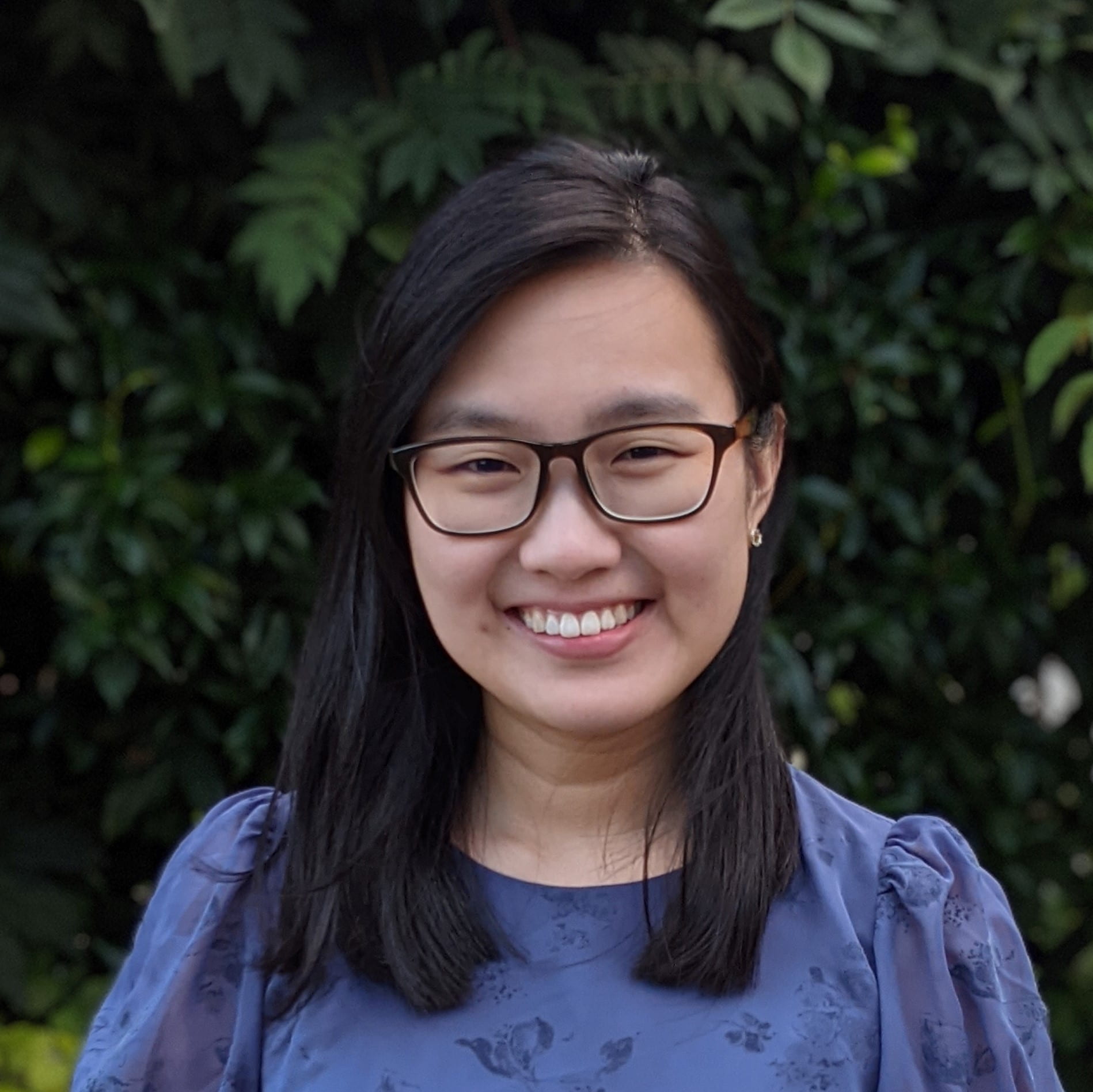Eri Sasaki
Eri completed her PhD in the REACH lab in 2022, and her research interests focus on understanding the dyadic patterns and interpersonal processes that emerge between relationship partners. In particular, Eri explores whether “it takes two to tango” (e.g., do you need both partners to put in effort to sustain a relationship), whether “it only takes one bad egg to ruin an omelette” (i.e., can one partner’s vulnerabilities drag the other down), or whether one partner can act as a strong link to buffer the other’s vulnerabilities.
Eri examines whether these dyadic patterns explain the experience and outcomes of partners’ feelings (e.g., feeling loved, secure), emotion regulation strategies, and conflict behavior, and she uses rich methodologies to test whether these dyadic patterns emerge in observations of couples’ interactions, daily life, and across time. Additionally, Eri is also interested in positive emotions, including how gratitude, pride, and humility shape people’s perceptions and behaviors when interacting with others, and their consequences on well-being.
Eri was a recipient of a Graduate Student Research Award from the Love Consortium, and is now working as a Postdoctoral Research Fellow at the University of Toronto Mississauga.
Email: eri.sasaki@utoronto.ca

Publications
Example Journal Articles
Sasaki, E., & Overall, N. C. (2023). Constructive Conflict Resolution Requires Tailored Responsiveness to Specific Needs. Current Opinion in Psychology, 101638. https://doi.org/10.1016/j.copsyc.2023.101638
Sasaki, E.,. Overall, N.C., Reis, H.T., Righetti, F., Chang, V.T., Low, R.S.T., Henderson, A.M.E., McRae, C.S., Cross, E.J., Jayamaha, S.D., Maniaci, M.R. & Reid, C.J. (2023). Feeling Loved as a Strong Link in Relationship Interactions: Partners who Feel Loved May Buffer Destructive Behavior by Actors who Feel Unloved. Journal of Personality and Social Psychology, 125(2), 367-396. https://doi.org/10.1037/pspi0000419
Overall, N. C., Maner, J. K., Hammond, M. D., Cross, E. J., Chang, V. T., Low, R. S., … & Sasaki, E. (2023). Actor and Partner Power are Distinct and Have Differential Effects on Social Behavior. Journal of Personality and Social Psychology, 124(2), 311-343. https://doi.org/10.1037/pspi0000398
Sasaki, E., Overall, N.C., Chang, V.T., & Low, R.S.T. (2022). A Dyadic Perspective of Emotional Suppression: Own or Partner Suppression Weakens Relationships. Emotion, 22(8), 1989-1994. doi.org/10.1037/emo0000978
Tong, E.M.W., Reddish, P., Oh, V.Y.S., Ng, W., Sasaki, E., Chin, E.D.A., & Diener, E. (2021). Income Robustly Predicts Self-Regard Emotions. Emotion, 22(7), 1670–1685. doi.org/10.1037/emo0000933
Sasaki, E., & Overall, N.C. (2021). Partners’ Withdrawal when Actors Behave Destructively: Implications for Perceptions of Partners’ Responsiveness and Relationship Satisfaction. Personality and Social Psychology Bulletin, 47(2), 307-323. doi.org/10.1177/014616722092682
Sasaki, E., & Overall, N.C. (2020). A Dyadic Perspective of Felt Security: Does Partners’ Security Buffer the Effects of Actors’ Insecurity on Daily Commitment? International Journal of Environmental Research and Public Health, 17, 7411. doi.org/10.3390/ijerph17207411
Sasaki, E., Jia, L., Heng, Y.L., & Goh, M.T. (2020). Gratitude Inhibits Competitive Behavior in Threatening Interactions. Cognition and Emotion, 34(6), 1097-1111. doi.org/10.1080/02699931.2020.1724892
Tong, E.M.W., Lum, D.J.K., Sasaki, E., & Yu, Z. (2018). Concurrent and Temporal Relationships Between Humility and Emotional and Psychological Well-Being. Journal of Happiness Studies, 20(5), 1343-1358. doi.org/10.1007/s10902-018-0002-317207411